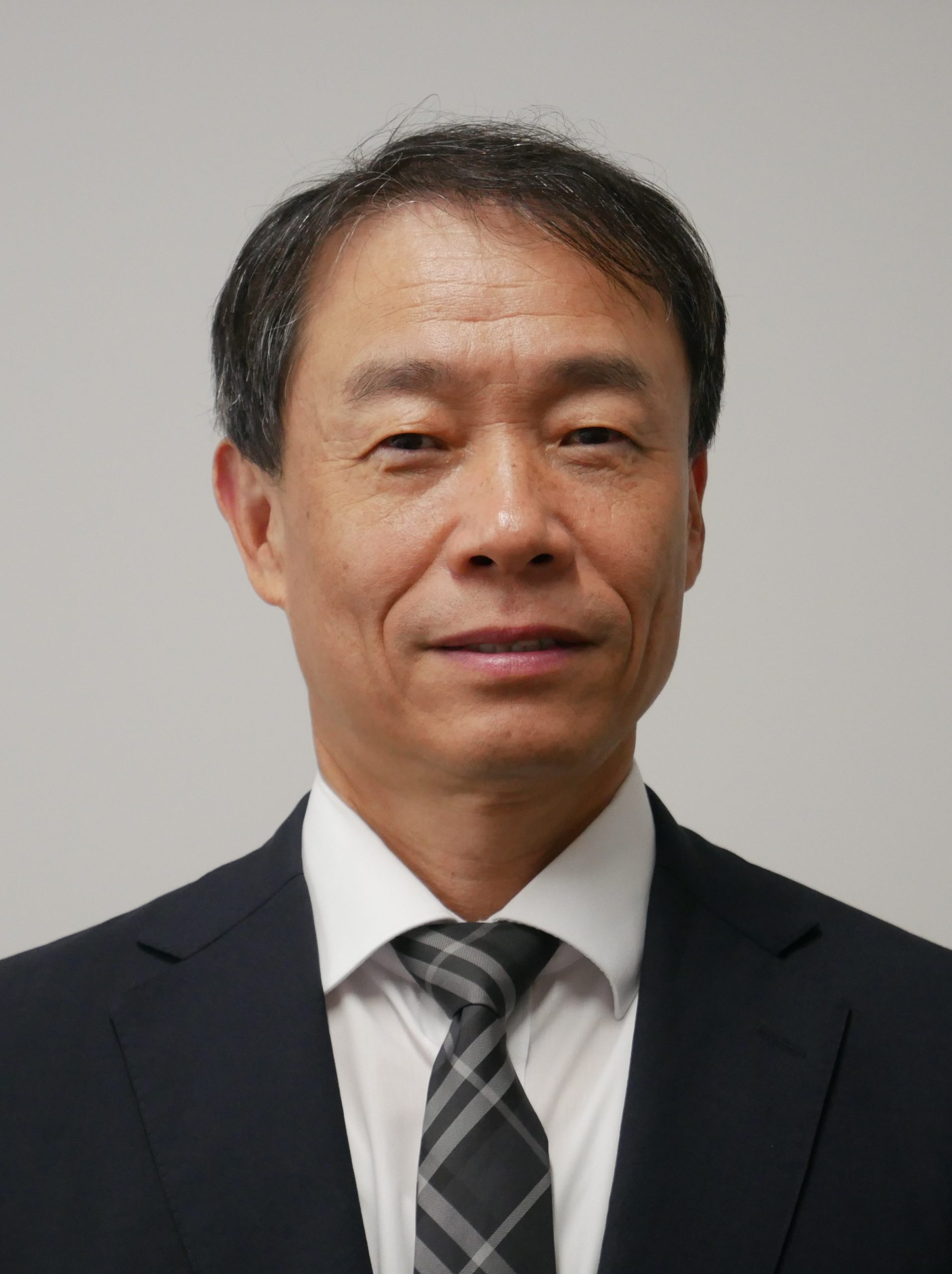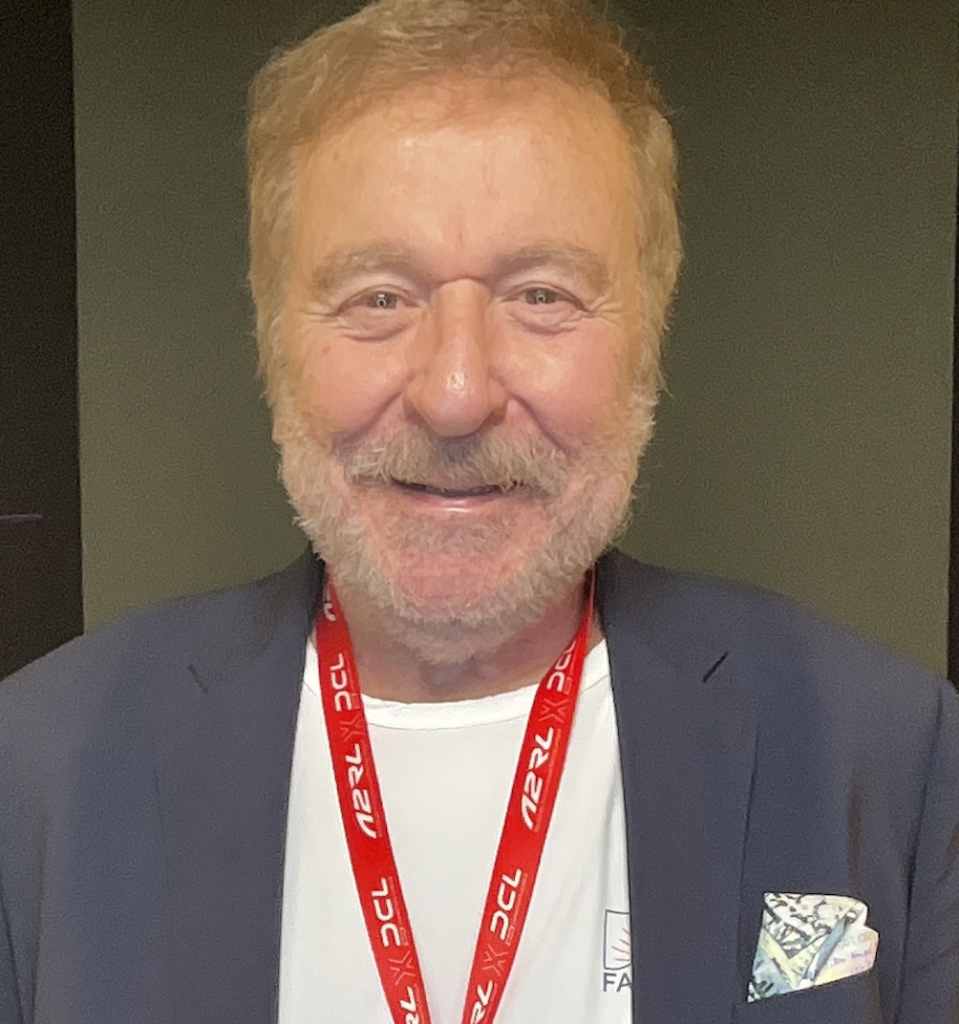Keynotes
Key Technologies of AI-based Communications towards 6G
In both academia and industry, the exploration of 6G—a further advanced cellular communication technology—has already begun. As our society becomes increasingly digitalized, hyper-connected, and globally data-driven, future services are anticipated to rely heavily on virtually instantaneous, unlimited wireless connectivity. This presentation will outline the key drivers, challenges, and essential research topics associated with 6G. In particular, I will provide an overview of the cutting-edge technologies such as SIGIN, IRS, DT, MEC and WiGig, spanning aspects from physical/networking layers to new use cases and service enablers.
Nei Kato is a full professor and with the Graduate School of Information Sciences, Tohoku University. He has studied computer networking, wireless mobile communications, satellite communications, ad hoc & sensor & mesh networks, UAV networks, AI, IoT, and Big Data. He served as the Vice-President (Membership & Global Activities) of IEEE Communications Society(2018-2021), the Editor-in-Chief of IEEE Transactions on Vehicular Technology(2017-2021). He is the Editor-in-Chief of the IEEE Internet of Things Journal, a Fellow of The Engineering Academy of Japan, IEEE, and IEICE.

Nei KATO
Tohoku University, Japan

I.F. AKYILDIZ
Georgia Institute of Technology and International Telecommunications Union
The Cognitive Wireless Era: AI/ML as the Engine of Next Generation Communication Networks
The advent of 6G and beyond networks heralds the cognitive wireless era, characterized by unprecedented complexity, scale, and dynamicity that render traditional, model-based design paradigms obsolete. This presentation posits that a fundamental architectural shift towards AI-Native design where AI and ML are embedded as the core engine across all network layers is not merely beneficial but essential for realizing next-generation wireless systems. A comprehensive framework is presented for AI-Native innovation, from the Physical and MAC layers through to Routing and Radio Resource Management (RRM), detailing exact solution steps utilizing different ML algorithms for real-time optimization, predictive analytics, and distributed intelligence. Furthermore, the pivotal research challenges are disccussed including robustness, explainability AI (XAI), computational complexity, and integration with legacy systems that must be overcome to transition these AI-driven theories into practical, trustworthy, and sustainable 6G deployments. This talk concludes that the seamless fusion of AI across the protocol stack is indispensable for achieving the performance benchmarks of future wireless ecosystems, thereby establishing a foundational roadmap for the development of autonomous, efficient, and secure cognitive networks.
Ian F. Akyildiz (Life Fellow, IEEE) received his B.S., M.S., and Ph.D. degrees in Electrical and Computer Engineering from the University of Erlangen–Nürnberg, Germany, in 1978, 1981, and 1984, respectively. Since Fall 2020, he has served as a Distinguished Professor, as well as the Founder and Director of the Center for Robotics and Wireless Communications in Challenging Environments at the University of Iceland. Additionally, since August 2020, he has been the Founder and Editor-in-Chief of the International Telecommunication Union Journal on Future and Evolving Technologies (ITU J-FET). Dr. Akyildiz has been a member of the Advisory Board at the Technology Innovation Institute (TII) in Abu Dhabi, United Arab Emirates, since June 2020. He is also the Founder and President of Truva Inc., a consulting firm based in Georgia, USA, a position he has held since 1989. From 1985 to 2020, he was the Ken Byers Chair Professor in Telecommunications, the Past Chair of the Telecom Group in the School of Electrical and Computer Engineering, and the Director of the Broadband Wireless Networking Laboratory at the Georgia Institute of Technology. From 2017 to 2020, Prof. Akyildiz was awarded a Megagrant by the Russian government, enabling him to establish the ‘Wireless Networks’ research laboratory. Today, the lab is well-established and conducts cutting-edge research in its field. An IEEE Fellow (since 1996) and ACM Fellow (since 1997), Dr. Akyildiz has received numerous prestigious awards, including the Humboldt Research Award (Germany) and the TUBITAK Award (Turkey). As of October 2025, his Google Scholar metrics include an h-index of 145 and over 155K citations.
His current research focuses on AI-Native Future Networks, Networking 2030, the Metaverse, Holographic and Extended Reality (XR) Communications, 6G/7G Wireless Systems, Terahertz Communication, and Underwater Networks.

Nicos Maglaveras
Professor of Medical Informatics Aristotle University of Thessaloniki Greece
Personalised health driven by digital health systems and multi-source health/environmental data, ML/AI/DL analytics and predictive models
Nicos Maglaveras received the diploma in electrical engineering from the Aristotle University of Thessaloniki (A.U.Th.), Greece, in 1982, and the M.Sc. and Ph.D. degrees in electrical engineering with an emphasis in biomedical engineering from Northwestern University, Evanston, IL, in 1985 and 1988, respectively. He is currently a Professor of Medical Informatics, A.U.Th. He served as head of the graduate program in medical informatics at A.U.Th, as Visiting Professor at Northwestern University Dept of EECS (2016-2019), and is a collaborating researcher with the Center of Research and Technology Hellas, and the National Hellenic Research Foundation.
His current research interests include biomedical engineering, biomedical informatics, ehealth, AAL, personalised health, biosignal analysis, medical imaging, and neurosciences. He has published more than 500 papers in peer-reviewed international journals, books and conference proceedings out of which over 160 as full peer review papers in indexed international journals. He has developed graduate and undergraduate courses in the areas of (bio)medical informatics, biomedical signal processing, personal health systems, physiology and biological systems simulation.
He has served as a Reviewer in CEC AIM, ICT and DGRT D-HEALTH technical reviews and as reviewer, associate editor and editorial board member in more than 20 international journals, and participated as Coordinator or Core Partner in over 45 national and EU and US funded competitive research projects attracting more than 16 MEUROs in funding. He has served as president of the EAMBES in 2008-2010. Dr. Maglaveras has been a member of the IEEE, AMIA, the Greek Technical Chamber, the New York Academy of Sciences, the CEN/TC251, Eta Kappa Nu and an EAMBES Fellow.
Abstract
The last years saw a steep increase in the number of wearable sensors and systems, mhealth and uhealth apps both in the clinical settings and in everyday life. Further large amounts of data both in the clinical settings (imaging, biochemical, medication, electronic health records, -omics), in the community (behavioral, social media, mental state, genetic tests, wearable driven bio-parameters and biosignals) as well as environmental stressors and data (air quality, water pollution etc.) have been produced, and made available to the scientific and medical community, powering the new AI/DL/ML based analytics for the identification of new digital biomarkers leading to new diagnostic pathways, updated clinical and treatment guidelines, and a better and more intuitive interaction medium between the citizen and the health care system.
Thus, the concept of connected and translational health has started evolving steadily, connecting pervasive health systems, using new predictive models, new approaches in biological systems modeling and simulation, as well as fusing data and information from different pipelines for more efficient diagnosis and disease management.
In this talk, we will present the current state-of-the-art in personalized health care by presenting cases from COVID-19 and COPD patients using advanced wearable vests and new technology sensors including lung sound and EIT, new outcome prediction models in COVID-19 ICU patients fusing X-Rays, lung sounds, and ICU parameters transformed via AI/ML/DL pipelines, new approaches fusing environmental stressors with -omics analytics for chronic disease management, and finally new ML/AI-driven methodologies for predicting mental health diseases including suicidality, anxiety, and depression.


